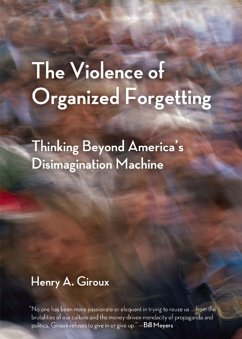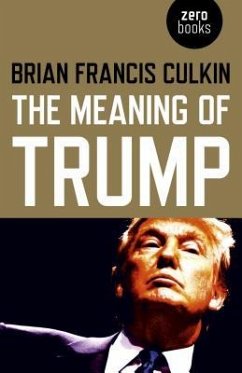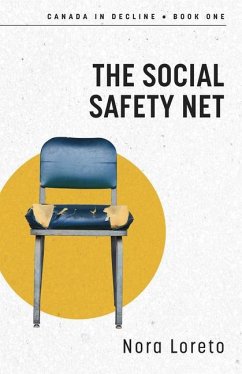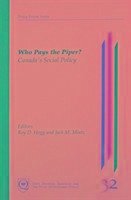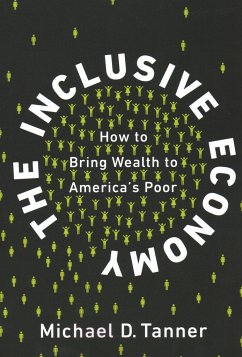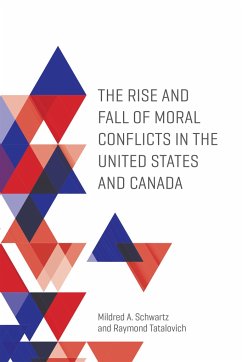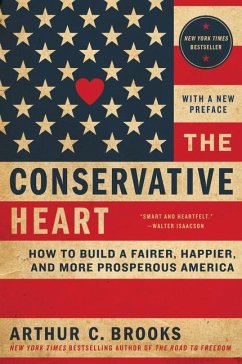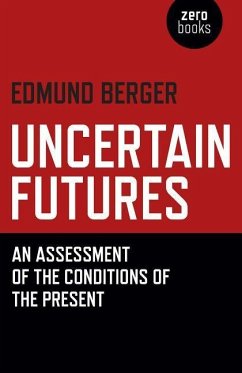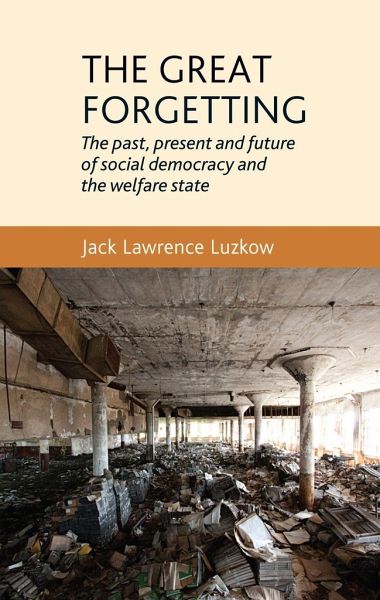
The Great Forgetting
The Past, Present and Future of Social Democracy and the Welfare State

PAYBACK Punkte
15 °P sammeln!
Today the US and the UK are at a crossroads. Millions are out of work, millions (in the US) are still deprived of health care, millions have lost their homes, and we are collectively more unequal than we have been since the 1920s. Both countries will experience massive social upheavals if they don't reduce social inequality, invest massively in education and infrastructure, commit themselves to securing jobs for all who want them, change tax structures that coddle the 1 percent, rein in the anarchy of big banks by reregulating (or nationalising) them, and liberate the captive state from the fi...
Today the US and the UK are at a crossroads. Millions are out of work, millions (in the US) are still deprived of health care, millions have lost their homes, and we are collectively more unequal than we have been since the 1920s. Both countries will experience massive social upheavals if they don't reduce social inequality, invest massively in education and infrastructure, commit themselves to securing jobs for all who want them, change tax structures that coddle the 1 percent, rein in the anarchy of big banks by reregulating (or nationalising) them, and liberate the captive state from the financial institutions of Wall Street and the City of London. Social inequality is neither inevitable, nor the result of globalisation. It is the outcome of social and economic policies embraced by the 1 percent. This can be reversed by more social democracy, not less, by recovering the state for the 99 percent.




